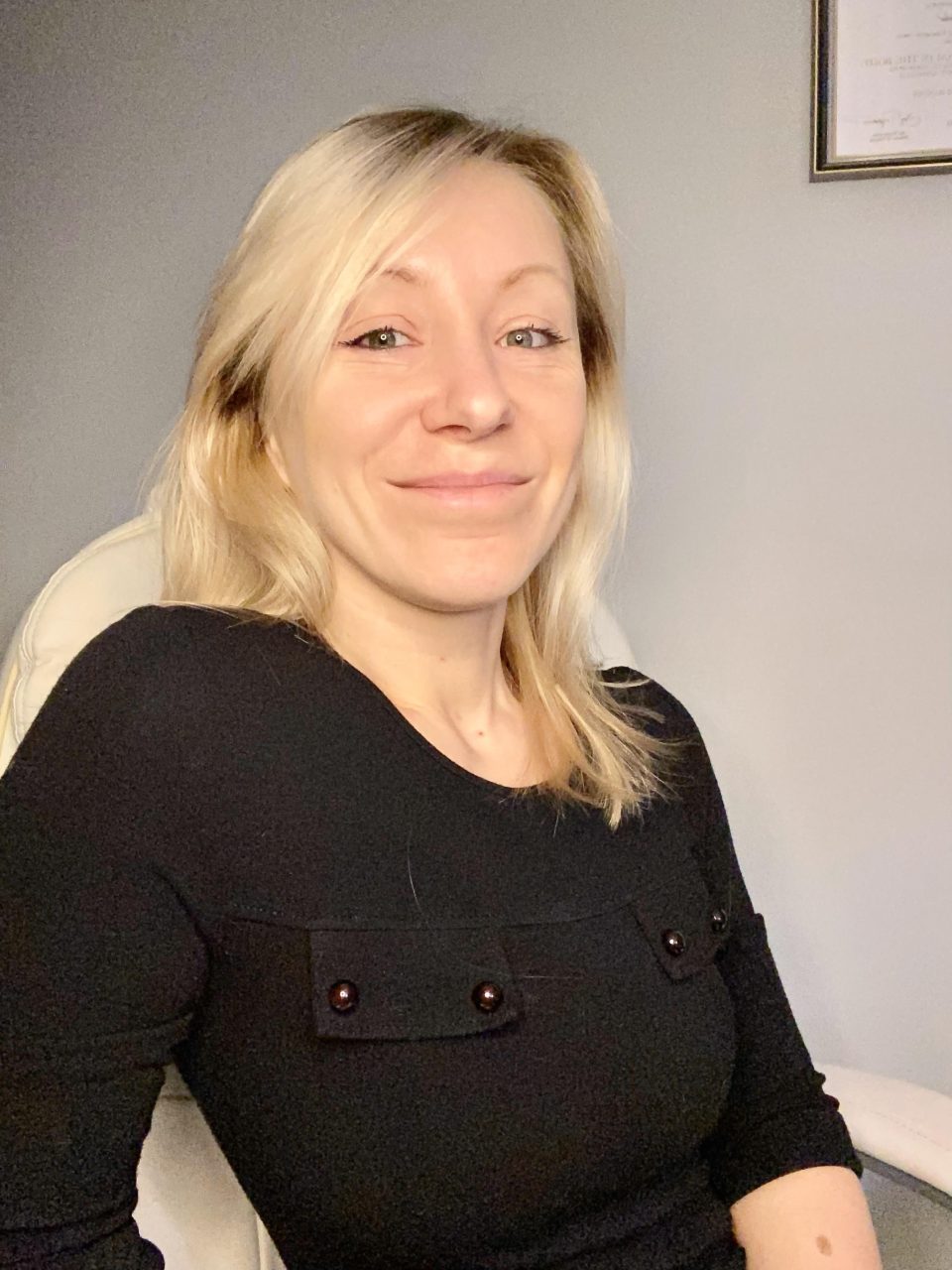 In my practice, I emphasize to my clients that self-awareness and self-consciousness are powerful tools they can develop to intentionally shape their lives, rather than feeling as though they are struggling against it. When we learn to recognize the subconscious processes that drive us toward challenges such as depression, anxiety, relationship issues, low energy levels, and somatic symptoms like chronic pain and migraines, we gain the ability to manage these experiences more effectively.
In my practice, I emphasize to my clients that self-awareness and self-consciousness are powerful tools they can develop to intentionally shape their lives, rather than feeling as though they are struggling against it. When we learn to recognize the subconscious processes that drive us toward challenges such as depression, anxiety, relationship issues, low energy levels, and somatic symptoms like chronic pain and migraines, we gain the ability to manage these experiences more effectively.
By bringing these subconscious patterns into our conscious awareness, we can harness the power of self-awareness and take control of our lives, rather than being controlled by our circumstances. Understanding how our mental processes work—how consciousness and the subconscious cooperate—allows us to see how we create our experiences, often without realizing it. This insight empowers us to create a life filled with joy and fulfillment instead of suffering and despair. It helps us find the light at the end of the tunnel rather than feeling hopeless and desperate.
In working with clients, the focus is on helping recognize and understand the underlying mechanisms that shape emotional and behavioral patterns. Practical application of this insight is encouraged in daily routines—beginning with accessible areas such as thought processes, emotional reactions, and decision-making. This foundational approach fosters deeper awareness and clarity, laying the groundwork for meaningful growth and an improved quality of life.
It’s essential to acknowledge that collaboration between the therapist and the client is a crucial aspect of this process. While I take responsibility as a therapist to provide knowledge, skills, and support in processing emotions, I also expect my clients to be actively engaged in their therapy process. Completing homework assignments and participating in the therapeutic process significantly enhances the effectiveness of our sessions. Thus, responsibility is shared equally between the client and me; this is truly a collaborative effort.
By fostering this work together, we can navigate challenges together and gain greater empowerment and skills to have a better quality of life.
Holistic Foundation
 The holistic approach forms the foundation of my psychotherapy sessions. I primarily apply Gestalt therapy, which I embraced at the beginning of my career. This approach helps me understand the psychosomatic aspects of chronic pain and physiological experiences.
The holistic approach forms the foundation of my psychotherapy sessions. I primarily apply Gestalt therapy, which I embraced at the beginning of my career. This approach helps me understand the psychosomatic aspects of chronic pain and physiological experiences.
As a psychotherapist, my approach integrates mindfulness practices with neurobiological psychoeducation to equip individuals with practical tools for navigating the mind. This method helps challenge unhelpful thought patterns and emotional responses while uncovering the mechanisms behind reactive behaviors. By fostering insight into these internal processes, clients gain the ability to regulate reactions, make intentional choices, and strengthen decision-making. This therapeutic journey supports a shift from a victim mindset to a place of personal mastery—empowering individuals to live with greater clarity, agency, and emotional resilience.
This journey takes time; for some people, it may require only weeks of consultation, while for others, it could take several years to achieve meaningful results. Depression and anxiety often stem from a lack of awareness regarding our feelings and thoughts in the present moment. In the early stages, when these issues first arise, it is crucial to navigate the mind through awareness and recognition of negative thought patterns. Without early support, psychological balance is often lost, allowing negative circumstances and feelings to infiltrate deeper levels of consciousness and the subconscious. When we allow these processes to take control without recognizing them, they can lead us into a downward spiral that takes considerable time to recover from.
I assist my clients in identifying the processes behind their struggles and guide them how to maintain control over their emotional states. Sometimes, this involves revisiting past experiences to understand the origins of negative mindsets and recognizing the mental strategies, behaviors, and reactions that have developed over time. By fostering knowledge, awareness, and empowerment, we can recreate healthier coping mechanisms.
In couples therapy, I often observe that partners tend to “argue with life” instead of collaboratively co-creating their shared reality. During counseling sessions, I help couples understand how arguments develop, explore the emotional energy underlying conflicts—such as tension, resentment, or feelings of offense—and learn how to navigate their relationship proactively, rather than remaining stuck in cycles of negativity.
I place significant emphasis on the interplay between consciousness and subconsciousness, as these components hold considerable power in our lives. My therapeutic work involves applying techniques and strategies to illuminate subconscious patterns that stem from unrecognized experiences, feelings, and emotions. It is essential to understand that a lack of awareness does not negate the control these subconscious elements exert over us.
This step-by-step process reflects my approach as a psychotherapist. I guide individuals from a state of unawareness (Point A) to full recognition and understanding (Point B) of previously unacknowledged emotional and cognitive patterns. As these internal dynamics are brought into conscious awareness, the capacity for intentional change and self-regulation strengthens. This therapeutic method reduces the tendency to remain in a powerless or victim-oriented mindset and fosters greater emotional clarity, personal agency, and empowerment. It lays the foundation for living with purpose, resilience, and mastery.
By recognizing how we inadvertently cede our power to subconscious decisions and reactions, we can reclaim that power, elevate our energy levels, enhance our motivation, improve our emotional states, and open ourselves to new possibilities in life.
Please contact me to schedule a free initial consultation.
Send Email | Schedule an Appointment
“Your present circumstances don’t determine where you can go; they merely determine where you start.”
– Nido Qubein



